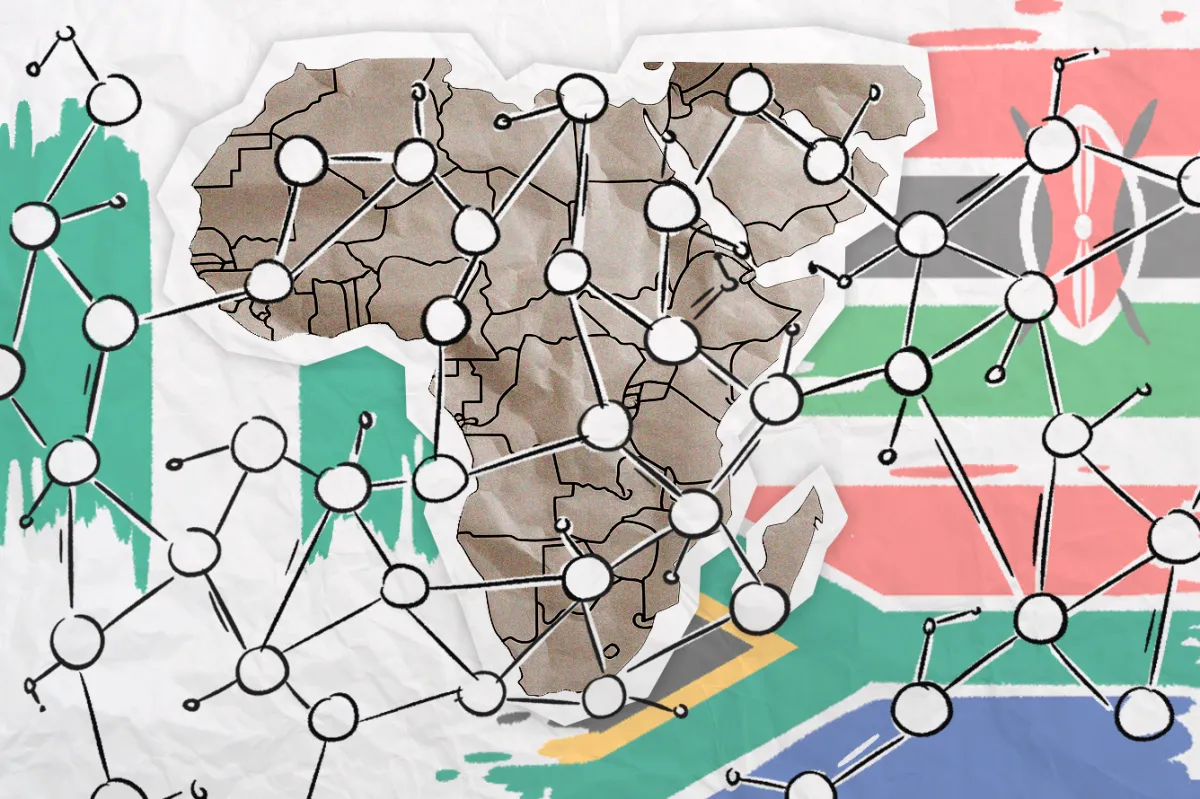
Africa has one of the fastest-growing crypto markets in the world and a vast potential for Web3 adoption in various areas. Due to high inflation rates and other major economic problems in many countries, as well as a younger demographic, the population is open to Web3 initiatives. Alternative assets that could help save and secure money, and fast, inexpensive cross-border transfers are important for local citizens, who are extremely dependent on money received from their diaspora working abroad. While Africa can become a valuable market for crypto companies, it currently lacks regulation, crypto awareness and education, and universal internet accessibility, which all hold back the area from further development.
Web3 experts agree that the lack of regulation is among the main problems in the region. Developer advocate of Cartesi, a Web3 rollup protocol, Jathin Jagannath, told Cointelegraph that the absence of a clear regulatory framework puts off potential users and investors.
“With regulatory clarity, enhanced digital literacy, and infrastructural upgrades, we will see Africans overcome these obstacles and lean into rapid modernization.”
He also mentioned the importance of a skilled workforce and an educated user base for further positive growth. To mitigate literacy gaps, Cartesi and Web3bridge are working together to educate African developers. Awosika Israel Ayodeji, program director of Web3bridge, also pointed out challenges in education and knowledge access for African developers, which the companies aim to resolve by providing masterclasses in Nigeria this January.
"Our decision for this collaboration is driven by our goal of ensuring continuous visibility and upskill for developers within the African ecosystem."
A report published last year, “The State of Web 3.0 in Africa” by PwC and EMURGO, shows that Sub-Saharan Africa's cryptocurrency market grew by over 1200% between 2020 and 2021, and the blockchain funding across the continent increased by 1,668% within the same period. Earlier reports confirm that the volume of cryptocurrency transactions has been growing in Sub-Saharan African countries over the last few years.
The interests of users and investors demand adequate regulations that would protect all the parties, as the widespread use of unregulated digital currencies poses a threat to the continent’s financial system - which is already far from stable - and all its participants. Meanwhile, according to the report, crypto-assets are banned in around 20% of Sub-Saharan African countries, and only one country in the region, the Central African Republic, has recognised Bitcoin as a legal tender. The research authors confirm Jathin Jagannath's position, coming to the [evident] conclusion that governments and regulators in Africa have to work closely with the key stakeholders to provide the region with a robust regulatory framework. The authors’ recommendations include work on pan-African financial regulation and data protection.
It is worth mentioning that stablecoins are of special importance for the market because of their stability compared to other coins and local fiat currencies, faster and cheaper transactions and their ability to reach the underbanked and unbanked population, which is excluded from the traditional banking system. Recently, we observed Coinbase promoting USDC coin in Africa via a partnership with local company, Yellow Card.
Africa might indeed witness a Web3 boom in 2024, as Jathin states, but the potential ‘boom’ without a proper framework can eventually turn into ‘doom and gloom’ instead of a healthy development.

